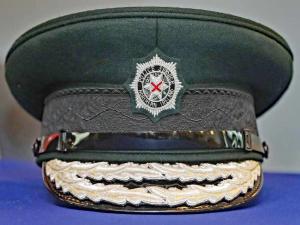
By Michael McHugh, PA
Part-time police reservists are owed a deep debt of gratitude, the chair of the Police Federation in Northern Ireland said.
Mark Lindsay was marking 50 years since the creation of the group of officers.
It was set up in 1970 at the start of the conflict in support of regular RUC members in response to the growing threat from paramilitaries.
Mr Lindsay said: "They knew that by putting on the uniform they would become a target for terrorists.
"It is a measure of their courage and commitment that they stepped forward to serve during dark and dreadful days.
"These brave officers had day jobs and were then prepared to turn out for their shift as Part Time Reserve officers. We owe them a deep debt of gratitude."
Marking 50th anniversary of the Part Time Reserve, with an early morning visit to the RUCGC memorial garden with @ChiefConPSNI. Remembering 52 murdered in service and 9 murdered post service. Immense contribution by them all to community policing. @NIPolicingBoard @naomi_long pic.twitter.com/T7exiKQb9g
— Police Federation for Northern Ireland (@PoliceFedforNI) June 1, 2020
Fifty-two Part Time Reserve officers died and hundreds suffered physical and psychological injuries during their service.
Nine were killed after they left the service.
Mr Lindsay said: "Close to 10,000 men and women stepped up to the plate and gave outstanding service to this entire community.
Mark Lindsay
"Coming from the communities they served, they were the epitome of neighbourhood policing and have been invaluable in supporting their full-time colleagues.
"The 50th anniversary of the Part Time Reserve, which became part of the Royal Ulster Constabulary on June 1 1970, is an occasion to reflect on the service they gave and the losses they suffered."
Mr Lindsay added: "Today, the Part Time Reserve is a small part of the PSNI with just 245 officers and the organisation is looking at a more defined role for them within the new neighbourhood policing approach."
PSNI chief constable Simon Byrne paid tribute to serving officers and those who had lost their lives.
He said he also remembered the many hundreds more who suffered physical and mental injuries, often life-changing.


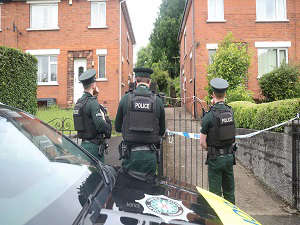 Man remanded in custody charged with murder of Belfast pensioner
Man remanded in custody charged with murder of Belfast pensioner
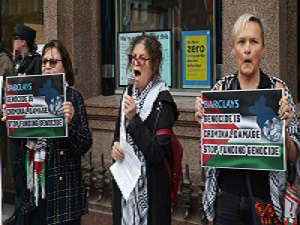 Public urged not to ‘rush to judgment’ over Belfast protest arrests
Public urged not to ‘rush to judgment’ over Belfast protest arrests
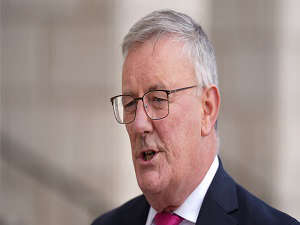 Belfast Trust facing highest-level accountability process after critical report
Belfast Trust facing highest-level accountability process after critical report
 Man charged with murder of 71-year-old woman in Belfast
Man charged with murder of 71-year-old woman in Belfast
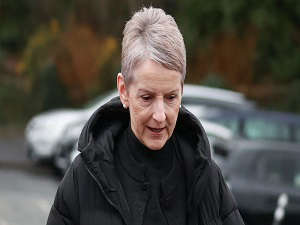 ‘Significant deterioration’ in Eleanor Donaldson’s medical condition, court told
‘Significant deterioration’ in Eleanor Donaldson’s medical condition, court told